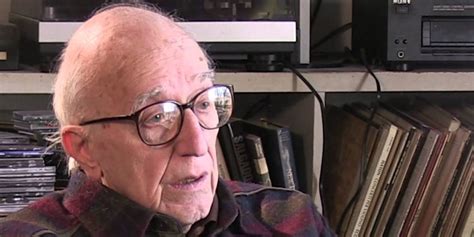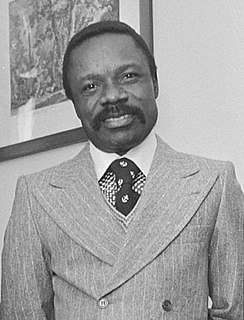A Quote by Elliott Abrams
Pinochet took power in a 1973 military coup that the United States supported.
Related Quotes
There are leaks from the Embassy in Honduras. There was a coup in 2009. Obama broke with most of Latin America and even Europe and supported the military coup, still does. The ambassador in Honduras sent back a detailed analysis saying the coup was military, illegal, unconstitutional, and that the legitimate president was thrown out. Okay, we now know that Washington was perfectly aware of that and decided to support the military coup anyway. We should have known that at the time. The government has no right to keep that information secret.
There had been a free and open election in Haiti in the early 1990s and president Jean-Bertrand Aristide won, a populist priest. A few months later came the expected military coup - a very vicious military junta took over, of which the United States was passively supportive. Not openly, of course, but Haitians started to flee from the terror and were sent back and on towards Guantanamo Bay. Of course, that is against International Law. But the United States pretended that they were "economic refugees."
What happened in Ukraine? The coup d'état in Ukraine has led to a civil war, because, yes, let's say, many Ukrainians no longer trusted President Yanukovych. However, they should have legitimately come to the polls and voted for another head of state instead of staging a coup d'état. And after the coup d'état took place, someone supported it, someone was satisfied with it, while others were not. And those who did not like it were treated from the position of force. And that led to a civil war.
Currently, the United States has troops in dozens of countries and is actively fighting in Iraq, Syria, Libya, and Yemen (with the occasional drone strike in Pakistan). In addition, the United States is pledged to defend 28 countries in NATO. It is unwise to expand the monetary and military obligations of the United States given the burden of our $20 trillion debt.
If some people keep saying that the press is still not free in Turkey, then I would like to say this: there has been a coup attempt in Turkey. And there are people siding with the coup plotters. And there are - there is also media outlets that have been against - that are against the coup attempt. So my question is that against the media that supported the coup, will the Turkish justice, judicial system, not take any steps? Of course it will.
Influence is best measured not only by military hardware and GDP, but also by other people's perceptions that we, the United States, are using our power legitimately. That belief - that we are acting in the interests of the global commons and in accordance with the rule of law - is what the military would call a 'force multiplier.'


































